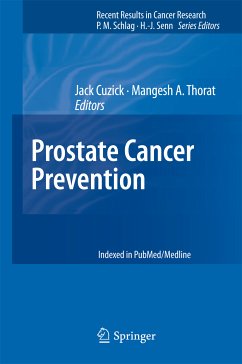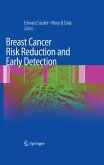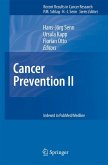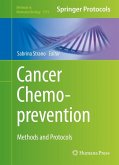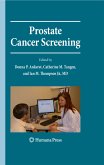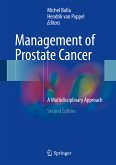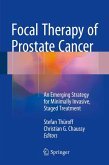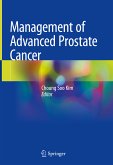Prostate cancer is by far the most common cancer in men and the second leading cause of death due to cancer. It comprises a mixed group of tumours displaying varying clinical behaviour: while some have a very aggressive course, others are rather indolent. Prevention of prostate cancer and discrimination between aggressive and indolent forms are important clinical goals, and the acquisition of significant new evidence on means of achieving these aims makes this book particularly timely. A wide range of topics are covered by leading authorities in the field. The biology and natural history of prostate cancer are reviewed, and the role of lifestyle and dietary factors, assessed. Detailed attention is paid to risk prediction biomarkers and to the role of novel high-throughput nucleic acid-based technologies in improving risk prediction and thereby allowing tailored approaches to cancer prevention. Potential means of chemoprevention of prostate cancer are also reviewed in depth, covering the very positive new data on the impact of aspirin as well as evidence regarding 5a-reductase inhibitors, DFMO, and lycopene. Guidance is provided on the differentiation of aggressive from indolent disease, and the policy and research implications of recent findings are examined. This book will be of interest to both clinicians and researchers. ¿
Dieser Download kann aus rechtlichen Gründen nur mit Rechnungsadresse in A, B, BG, CY, CZ, D, DK, EW, E, FIN, F, GR, HR, H, IRL, I, LT, L, LR, M, NL, PL, P, R, S, SLO, SK ausgeliefert werden.

